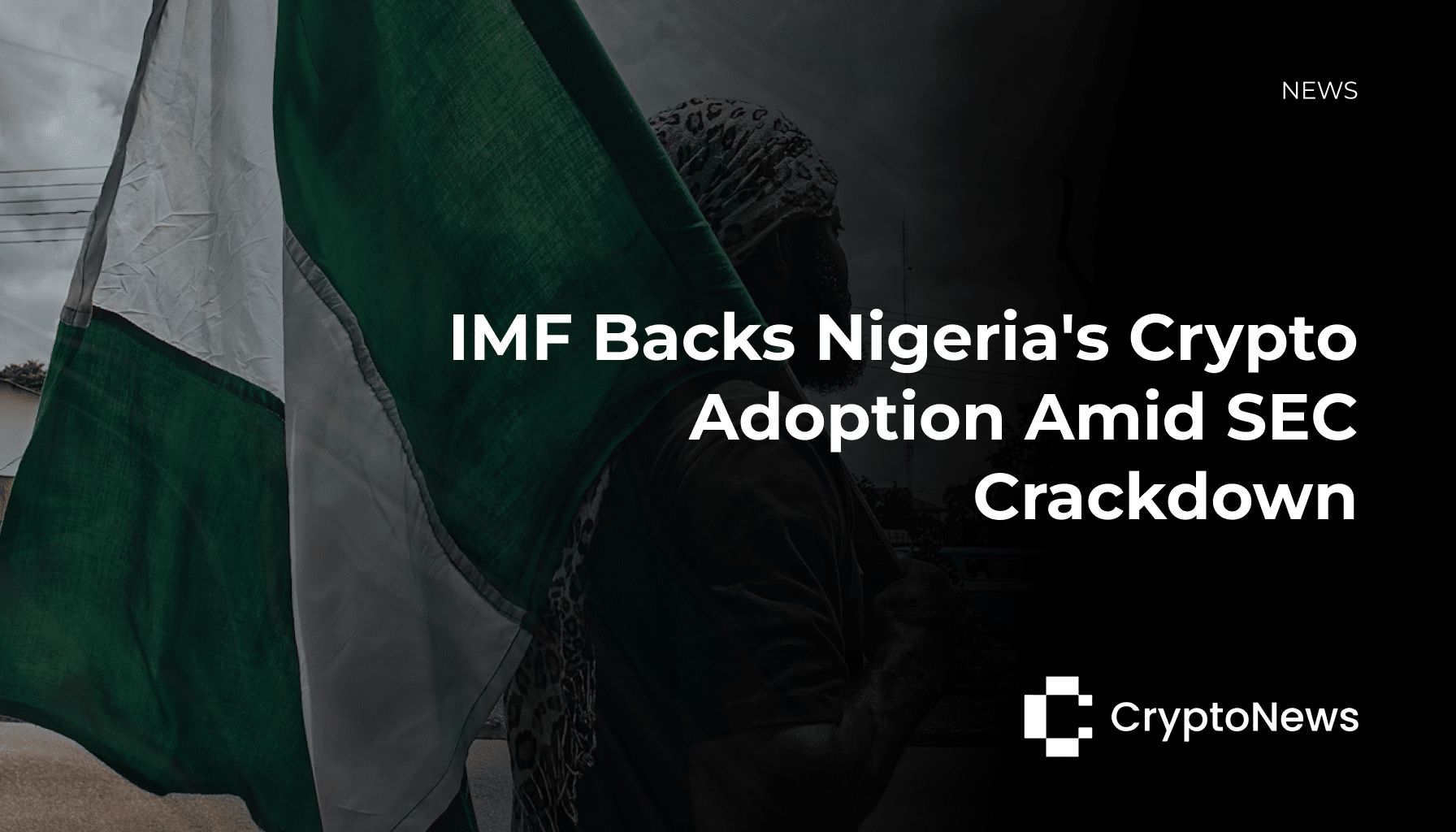The International Monetary Fund (IMF) has weighed in on cryptocurrency adoption in Nigeria and recommended licensing of global cryptocurrency exchanges. The move aims to address Nigeria’s macroeconomic challenges, including currency instability and inflation, while strengthening Nigeria’s position in the burgeoning African cryptocurrency market.
Nigeria is facing serious economic challenges, a notable problem being the balance of payments mismatch. These discrepancies, reflected in net errors and omissions, highlight unrecorded financial transactions often associated with the use of crypto assets for cross-border transactions. The IMF’s proposal is designed to attract international investment and stabilize financial markets by subjecting cryptocurrency trading platforms to strict regulatory standards similar to traditional financial intermediaries. This includes implementing anti-money laundering (AML) and countering the financing of terrorism (CFT) measures.
However, Nigeria’s Securities and Exchange Commission (SEC) took a contrasting stance, planning to ban peer-to-peer (P2P) cryptocurrency exchanges using Naira. This regulatory measure aims to protect the country’s currency from manipulations perceived to affect exchange rates. According to SEC Director-General Emomotimi Agama, the measure is essential to protect the naira, despite industry advocates predicting difficulties in enforcing such a ban.
The IMF believes that proper regulation and licensing of cryptocurrency exchanges can not only attract global investors but also improve remittance mechanisms that are important to the Nigerian diaspora. This approach could improve Nigeria’s control over digital financial movements, reduce illicit financial flows, and mitigate the risks associated with cryptocurrency trading.
While the IMF’s approval is seen as a progressive step toward revitalizing the economy, the SEC’s crackdown reflects the complex regulatory environment Nigeria must navigate. The juxtaposition of these measures highlights the delicate balance between embracing innovation and maintaining financial stability.
Why it matters
If Nigeria adopts cryptocurrency regulation as recommended by the IMF, it could be a game-changer for the economy. A global exchange license will enable Nigeria to attract significant international investment, stabilize financial markets and improve remittance systems. However, the SEC’s restrictions on P2P exchanges highlight ongoing regulatory challenges. This dual approach summarizes the tension between fostering financial innovation and ensuring economic stability in a rapidly evolving financial environment.

